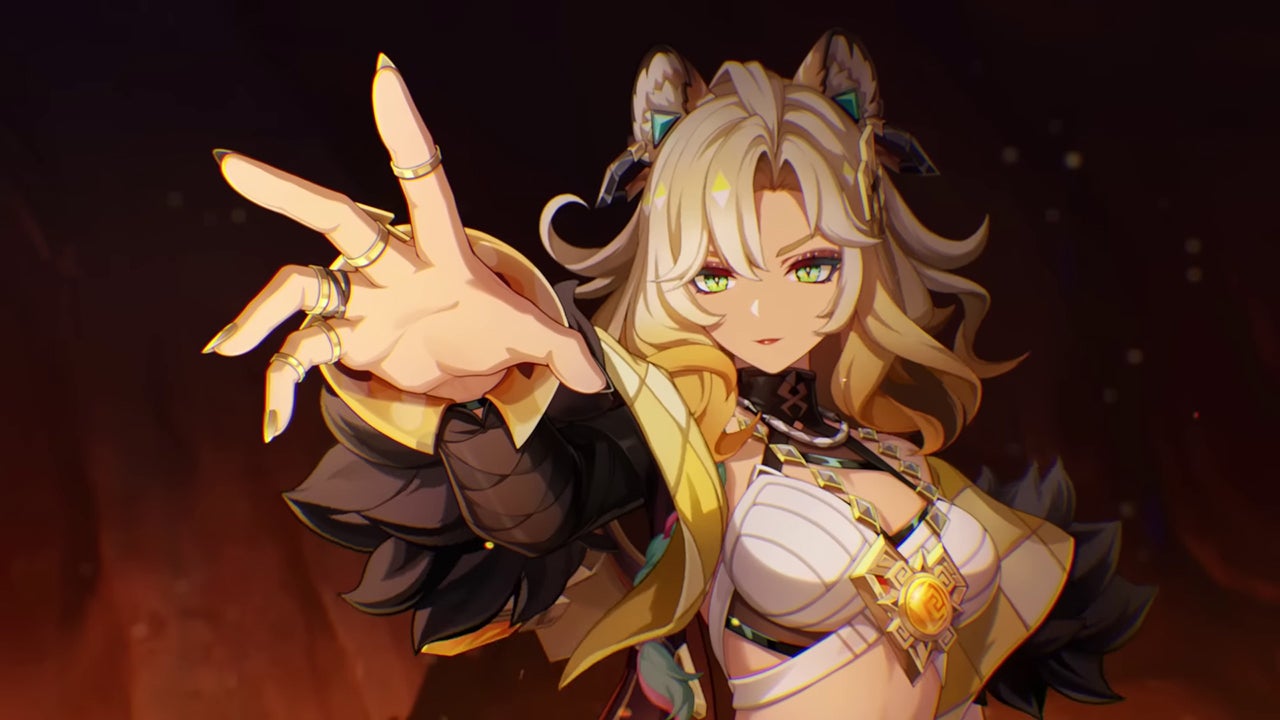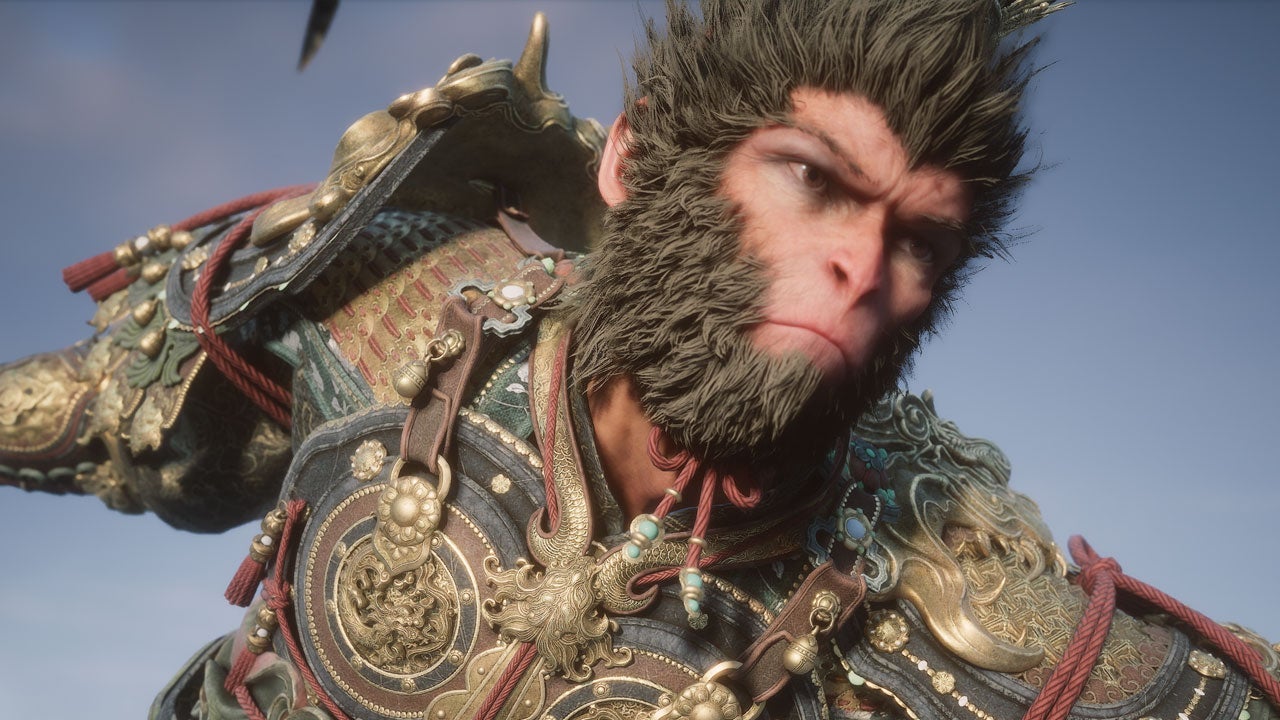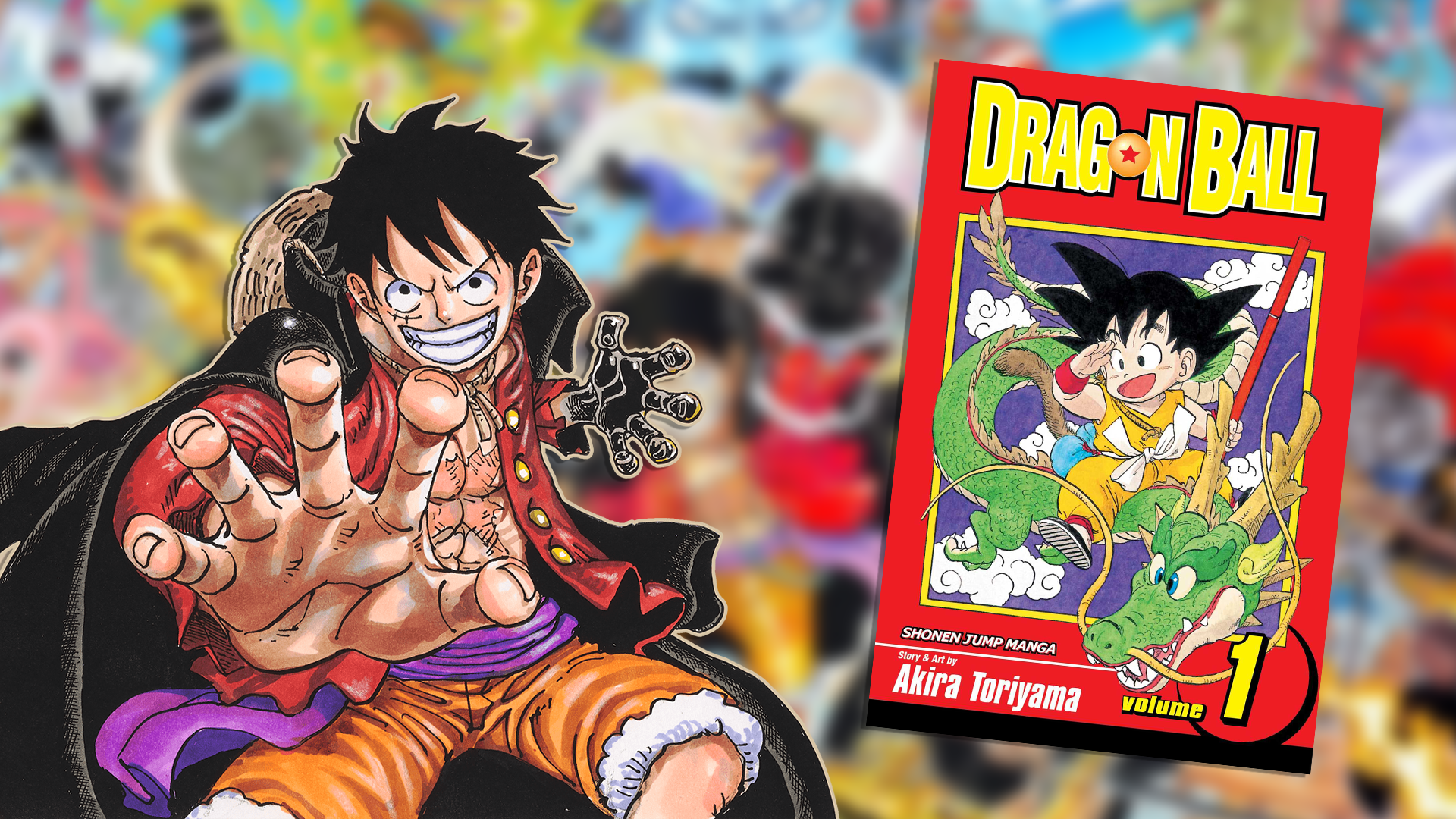When Cyberpunk 2077 developer CD Projekt laid off 100 workers in the summer, some staff said enough was enough. Sick of the stress and anxiety caused by the spectre of job cuts, the workers set out to form a union. It was a big idea with small beginnings that has the potential to grow beyond the confines of CD Projekt’s Warsaw headquarters to become Poland’s game developer union, offering a home to all with a valid contract in the country.
For this small group of CD Projekt developers, the sky’s the limit, and they are galvanised by similar efforts across the world. Związek Pracowników Branży Gier, or Polish Gamedev Workers Union, is a part of a growing labor movement within the volatile video game industry that aims to mitigate some of its worst features: crunch, poor pay, and the worry that comes from the thought that you could be out of a job any time, any day.
Paula Mackiewicz-Armstrong has worked at CD Projekt for five years on pretty much everything as a linguistic QA (quality assurance) coordinator. “I have been in the trenches in 2019 and 2020,” Mackiewicz-Armstrong tells IGN in a video call. “I have seen the fires in Jupiter burning.”
CD Projekt was heavily criticized for the human cost of Cyberpunk 2077, with mandatory crunch in the run up to the sci-fi game’s disastrous 2020 launch. This came after CD Projekt had promised its employees they wouldn’t be forced to crunch on the game. For the recently released expansion Phantom Liberty, however, improvements were made. Staff say the balance between work and life has realigned. “The conditions and the culture have been improving,” Mackiewicz-Armstrong says. “And yes, I am happy that CDPR is committed to those improvements, but it's still not perfect.”
Overtime is voluntary, but the staff say it’s hard to avoid certain pressures to take it on. There is, of course, financial pressure to earn extra money that means sometimes it’s just impossible to pass up overtime, especially amid a cost of living crisis. Other pressures are more subtle. Some staff feel the pressure of responsibility to a part of a game they’re working on, to each other, and to their team. “There isn't any sort of direct peer pressure or anything like that, but there is this vibe of, time is short, we need to deliver, right?” Mackiewicz-Armstrong says.
Tolly Kulczycki is coming up on two years at CD Projekt, and is currently a technical QA analyst working on Polaris, aka the next game in The Witcher series. “You feel pressure, responsibility for your part of your game and you want to be there for it,” Kulczycki says. “The industry, fueled by passion, ultimately burns out its people. And that's an unfortunate truth that we have to face and fight, and no better way to fight it than together.”
“It's not like there wasn't any overtime on Phantom Liberty,” Mackiewicz-Armstrong explains. “There have been some teams, for example QA, that have been more taxed in terms of overtime. But overall it has been healthier. There weren't cases like, ‘okay guys, no holidays for the next six months,’ and that sort of stuff. So I think things have improved and the company has seen the benefit in the workforce and in the product.”
The Phantom Liberty expansion is seen as a big success, as the triumphant final footnote on the most dramatic turnaround in video game history. CD Projekt’s reputation was in the gutter following Cyberpunk 2077’s launch nearly three years ago now. The sci-fi adventure starring Keanu Reeves as rebel rocker Johnny Silverhand was so bad that Sony delisted it from the PlayStation Store. Refunds were offered, lawsuits were filed, and CD Projekt, which could do no wrong after The Witcher 3’s release, became public enemy number one overnight.
Slowly but surely, CD Projekt improved the game. Then a superb Netflix anime rekindled interest in all things Cyberpunk. And this year, the 2.0 update sealed the deal. The Phantom Liberty expansion that followed sold three million copies in a week. It’s enjoyed critical and commercial success, and, crucially, was built in a healthier way than Cyberpunk 2077 was.
CD Projekt staff are now pointing to the reception to Phantom Liberty as evidence that a healthier, happier workforce makes better, more profitable products. “We firmly believe that the success of Phantom Liberty, that is very much visible to people, is in part due to the anti-crunch policies that have been enacted in CDPR,” Kulczycki says. “We want games to be better, and that means we want workers to be treated better.”
CD Projekt's deep cuts
With working conditions improving, why unionise? The spark came in the summer with CD Projekt’s deep cuts, or, as management put it at the time, the “alignment of the scale and size of the team with the requirements of ongoing projects and the CD Projekt Group strategy”. The layoffs affected those in development, publishing, and back-office teams, and are expected to conclude in the first quarter of 2024. But they were not isolated.
In May CD Projekt announced it would lay off around 30 employees by the end of 2023 as development on Gwent: The Witcher Card Game came to an end. And that announcement came after two other waves of layoffs. The Molasses Flood, which is owned by CD Projekt and currently developing the troubled Project Sirius Witcher game, saw 29 team members laid off earlier in May. CD Projekt also announced the closure of The Witcher: Monster Slayer in December last year, with layoffs at developer Spokko as a result.
While 2023 has seen the release of some spectacularly successful games (Hogwarts Legacy, The Legend of Zelda: Tears of the Kingdom, Baldur’s Gate 3, Phantom Liberty etc), it’s also seen equally dramatic layoffs result in thousands of game developers losing their jobs. According to technical artist Farhan Noor, who has tracked layoff numbers since the beginning of 2023 on videogameslayoffs.com, an eye-watering 6,400 gaming jobs have been lost so far this year. Over 100 were from CD Projekt.
“The layoffs have finally reached Poland, right?” Mackiewicz-Armstrong says. “We've had three waves of layoffs in CD Projekt, and we decided that this is the time to establish an organisation that will be legally protected and that will be able to be a positive influence in terms of job stability and provide more robust protections for workers.”
Kulczycki points to the uncertainty that has come to dominate the thoughts of CD Projekt’s workers, as well as communication issues when it came to who was selected to lose their job. The anxiety that comes from not knowing if you’re next, or why a close colleague was axed, is exhausting. “When you have a person close to you who you've worked with for a long time, or you mentored, or any kind of case like that where you know their potential and know their importance to the company and to the games you're making, and you see them laid off and you can't find those answers as to why, the cracks begin to show really quickly,” Kulczycki says.
Gameplay QA analyst and union co-founder Paweł Myszka has worked at CD Projekt for over two years now, and tells IGN that communication, or a lack of it, was one of the biggest factors in the desire to unionize. Polish law gives union representatives access to information on a company’s employment structure as well as plans for that structure. Just knowing what’s going on, even if what’s going on is very bad indeed, can help alleviate stress.
“I have a mortgage and a lot of people in gaming are middle-aged,” Mackiewicz-Armstrong says. “They have families, they need stability in their lives to just exist. So having the spectre of layoffs over you is quite stressful. Or if you are younger and you're just starting in the industry, then you want to have a chance to establish yourself, prove that you're a good worker. And a lot of people that have been laid off were hired fairly recently, months or a year, and they just completely lost that chance.”
But what, ultimately, can unionising do to prevent you from losing your job in the video game industry? Mackiewicz-Armstrong and co know they cannot stop CD Projekt or any other company from making layoffs if they really want to, but, as part of a union, they can be more involved in the process and in negotiations, and benefit from expert advice and a support network. The Polish Gamedev Workers Union is actually a part of a larger trade union called OZZ Inicjatywa Pracownicza, or Polish Trade Union Workers Initiative, which offers crucial legal support. There’s a hope that next time, if there is a next time, CD Projekt will think twice because it will have to contend with a union and all that comes with it.
'We're in uncharted waters'
So what’s next? A contract, but this has proved a stumbling block amid much of the video game industry’s unionisation effort across the globe. It’s all very well being a part of a union, but a legally binding contract between employer and union that sets out working conditions, pay structure, and severance guidelines for members is the holy grail.
The Polish Gamedev Workers Union has yet to get that far — it’s just a couple of months old — but a contract is very much on the minds of its members. The union is growing fast, its members say, with workers from other Polish studios set to join the fold in the coming months. In the shorter term, the Polish Gamedev Workers Union wants recognition from CD Projekt. According to Myszka, a dialogue has started, although the company has yet to formally recognise the union. “We are working to get ourselves established and recognized by company leadership,” Myszka said. “We are hoping for coordination and a partnership in this regard.”
In a statement to IGN, CD Projekt said it will “act in accordance with law and comply with legal obligations that might arise from that situation”, and pointed to what are called RED Team Representatives (RTRs), a democratically elected body representing all employees and independent of the management board. “We have been working with them for over two years now and we will continue to do so to keep our work environment transparent, safe and healthy,” CD Projekt said.
With RTRs already in place, is a union needed at CD Projekt? Absolutely, the workers say. These RTRs are “limited in their scope”, Mackiewicz-Armstrong explains. “They are an advisory body to the board that has been established by the employer in order to give voice and so forth, but none of their decisions or recommendations are legally binding in any way. It's all advisory, it's all at the discretion of the board or the management.
“We don't feel this is enough. It's a great initiative, it really is. But a union is an outside body that is not dependent on the board, does not answer to them, and provides protections and assistance that is enshrined in law and not just internal company procedures.”
Despite the deep cuts at CD Projekt over the last year, the company is working on a long list of projects, many of which are expected to be big-budget, triple-A affairs. CD Projekt is working on a remake of the first Witcher game, its first original IP (Project Hadar), a Cyberpunk sequel (Project Orion), the first game in a new trilogy set in The Witcher universe (the aforementioned Project Polaris), and a multiplayer Witcher game (Project Sirius). That’s a huge amount of development work that’ll take years to complete, assuming all those projects do reach completion.
So you’d think CD Projekt would need all the help it can get, with layoffs hopefully a distant memory. “I have a feeling that they won't happen again, that this is the end in CDPR at least, but I also wasn't thinking about them in January,” Kulczycki admits. “I have that in the back of my mind, that I didn't expect this wave of layoffs before it happened, and that you really can't expect them before they happen. And there's a sense of this being a wave throughout the industry.”
“We’re in uncharted waters,” Mackiewicz-Armstrong says, “anything can happen.”
Wesley is the UK News Editor for IGN. Find him on Twitter at @wyp100. You can reach Wesley at wesley_yinpoole@ign.com or confidentially at wyp100@proton.me.







